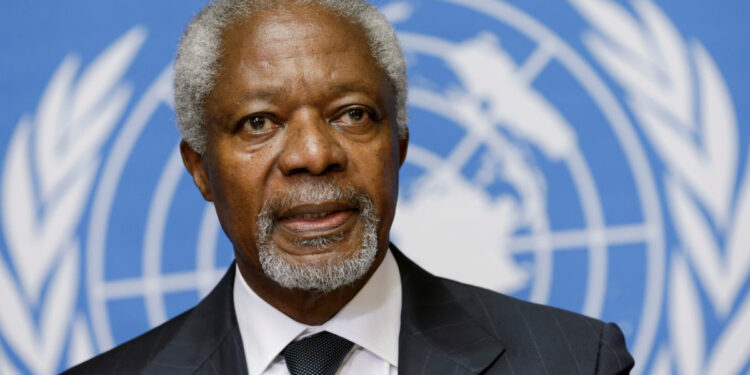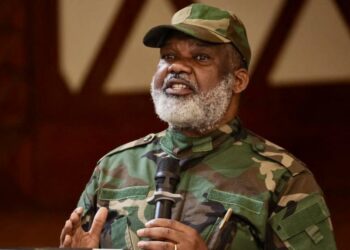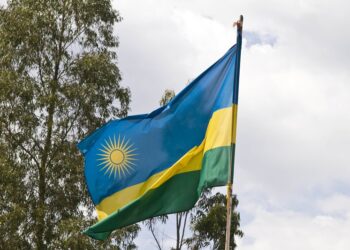Kofi Atta Annan was a Ghanaian diplomat who served as the United Nations’ seventh Secretary-General from 1997 to 2006, guiding the organization through a time of global difficulties that included humanitarian missions, the fight against terrorism, and pandemics.
Kofi Atta Annan was regarded as a strategic thinker and an effective advocate for peace, development, and human rights. He was born on April 8, 1938, in Kumasi, Ghana (then a British colony called the Gold Coast). He came from an aristocratic family with close ties to the country’s established leadership. He received his primary education at the prestigious Mfantsipim School, where he excelled academically and demonstrated innate leadership abilities.
Annan continued his higher education at the University of Science and Technology (later the Kwame Nkrumah University of Science and Technology) in Kumasi, where he studied economics. He then traveled to the United States for graduate studies, earning a bachelor’s degree in economics from Macalester College in St. Paul, Minnesota, and a master’s degree in business administration from the Massachusetts Institute of Technology (MIT) in 1961.
Annan joined the United Nations in 1962, holding various positions in management, budgeting, and peacekeeping. He served in UN missions around the world, gaining a deep understanding of the complexity of international conflicts and humanitarian issues. Before becoming Secretary-General, he served as Under-Secretary-General for Peacekeeping Operations, overseeing numerous post-Cold War UN peacekeeping missions.
In December 1996, Kofi Annan was elected Secretary-General of the United Nations, becoming the first person from sub-Saharan Africa to hold this high position. He assumed office on January 1, 1997, at a time of significant transformation in the global order. The end of the Cold War opened new horizons for international cooperation, but it also led to the emergence of new regional conflicts and transnational challenges, such as terrorism and pandemics.
Annan’s first term was marked by a focus on reforming the United Nations to improve its effectiveness and ability to meet new challenges. He launched major initiatives to restructure the Secretariat, improve organizational management, and enhance cooperation among various UN agencies and programs. He also sought to build stronger relationships with Member States, civil society, and the private sector.
During his tenure as Secretary-General, Kofi Annan oversaw several important projects that had a lasting impact on the work of the United Nations and the global order. Among these projects was his 1997 report, “We the Peoples: The Role of the United Nations in the Twenty-first Century,” in which Annan called for fundamental reform of the United Nations to enable the organization to successfully meet the challenges of the new century. These changes included strengthening the role of the Security Council, revitalizing the General Assembly, improving the management of human and financial resources, and enhancing cooperation with civil society and the business sector.
Annan was also instrumental in developing and launching the Millennium Development Goals in 2000, which established an ambitious global framework to address extreme poverty, hunger, disease, illiteracy, and environmental degradation by 2015. He also led the United Nations’ efforts to combat international terrorism in the wake of the terrorist attacks of September 11, 2001, calling for increased international cooperation in countering terrorism, and was personally involved in mediation and conflict resolution efforts in several parts of the world, including the Middle East, Africa, and Asia.
Despite his successes, Kofi Annan also faced many challenges and criticisms during his tenure as Secretary-General. In particular, the UN has been heavily criticized for its failure to prevent the genocide in Rwanda in 1994 and in Srebrenica in 1995 (when Annan was under-secretary-general for peacekeeping operations). Annan was also a leading opponent of the 2003 U.S.-led Iraq War, which he argued was illegal under international law because it lacked the authority of the Security Council. In addition, allegations of corruption and mismanagement in the UN’s notorious “oil-for-food” program in Iraq dealt a severe blow to the UN’s credibility and prompted Paul Volcker to launch an independent investigation.
In recognition of his contributions to promoting peace and international cooperation, Kofi Annan has received a number of prestigious awards and honors, including the 2001 Nobel Peace Prize (shared with the UN for “working for a better organized and more peaceful world”); the Freedom of Philadelphia Medal in 2001; the Gandhi International Peace Prize in 2003; and numerous honorary degrees from prestigious universities around the world.
After leaving the post of Secretary-General of the United Nations in 2006, Kofi Annan continued to be actively involved in international affairs and served as Chairman of the Kofi Annan Foundation, a non-profit organization dedicated to promoting good governance, peace, and sustainable development in Africa. He was also active in other international affairs, including serving as Chairman of the “Elders.” The “Elders” is a group of independent world leaders committed to resolving global conflicts and problems. Annan also served as the special envoy of the United Nations and the Arab League to Syria and participated in the mediation of many crises, including Syria.
Kofi Annan passed away on August 18, 2018, leaving behind a rich legacy that makes him one of the most influential Secretaries-General in the history of the United Nations.



























































